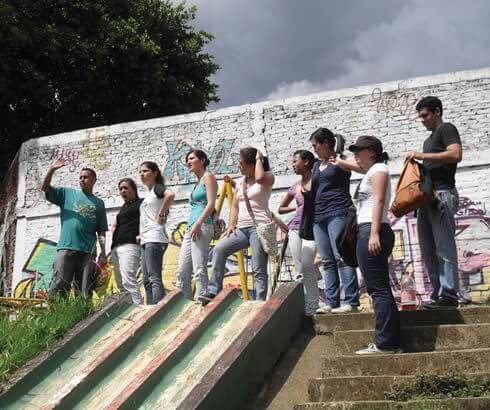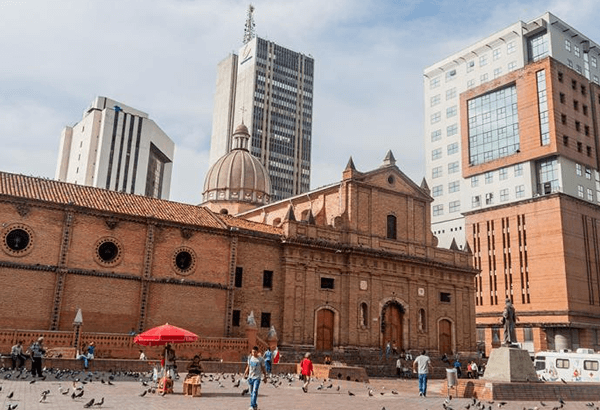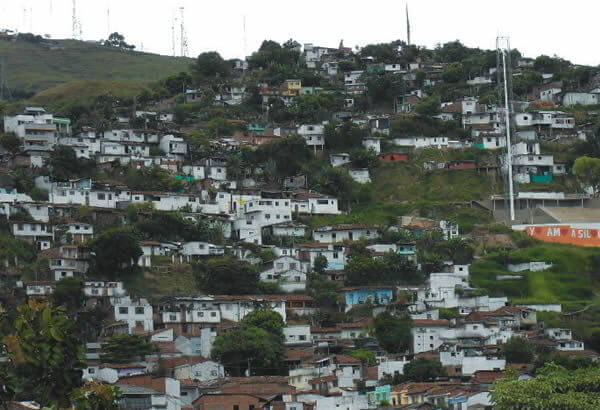This is an interdisciplinary degree that arose from the demands and challenges of psychosocial intervention, from psychology professionals and from the humanities and social sciences in general.
It aims to offer theoretical and practical tools that can meet these demands and challenges, in particular the ethical aspects that must be respected.








Educational settings: Educational institutions operate as a space for resonance and expression of a series of social and cultural conflicts that spill over from their specific setting. The proposed interventions promoted by this master’s program distance themselves from any normative or disciplinary expectation in order to evaluate these conflicts from a complex perspective. Thus, issues such as violence in school, learning problems, or drug use are explored taking into account multiple contributing familial, social, cultural, and subjective factors and that considering protective and preventative tools.
Community settings: In community spaces, conflicts and unrest manifest themselves in specific ways in each individual interacting this these settings. Family violence, drug abuse, general manifestations of anxiety and intolerance towards social ties and everyday spaces are current problems that can be studied and addressed from a psychosocial and community perspective. This does not mean ignoring the singular nature of how these processes are expressed in the people affected by them, but situating this assessment in a broader relational framework. The community intervention perspective proposed here is part of an interdisciplinary mental health model, where different knowledge and capacities, including those of the community itself, find common ground for expression and action.